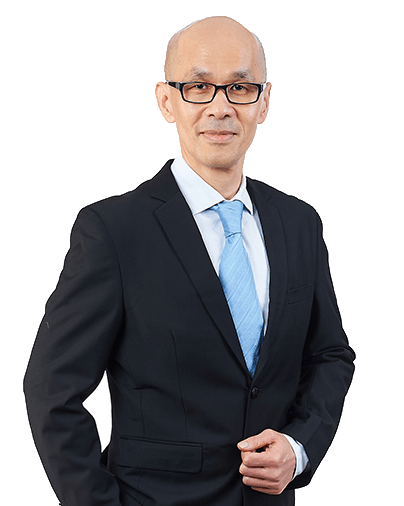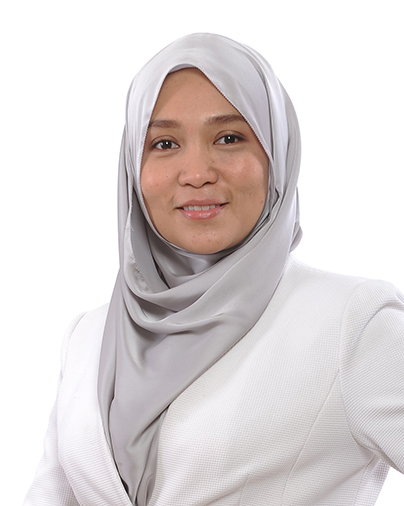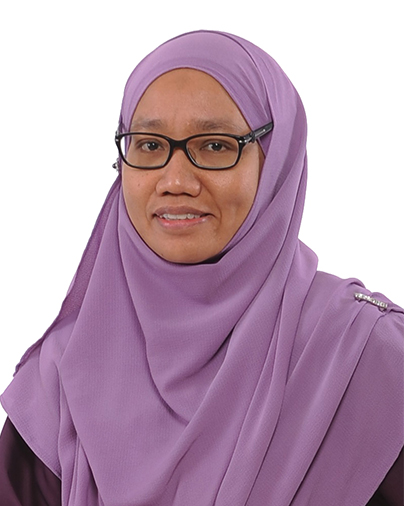Certain risk factors can increase the chances of COPD such as:
- Air pollution including biomass fuel used for cooking, or pollutants in the workplace such as dusts and chemicals, may also lead to the progression of the disease.
- Smoking is the main risk factor in the majority of COPD cases and leads to the damage and inflammation of the lining of the lung airways.
- Those who lack a specific protein (alpha-1 antitrypsin), whose role is to protect the lung, have a greater risk of developing emphysema.
- Those who suffered from regular respiratory infections during childhood are more prone to developing Chronic Obstructive Pulmonary Disease.
COPD has a whole host of symptoms and these include:
- Blue tinge to the skin due to reduced oxygen supply
- Chronic coughing
- Coughing up phlegm
- Dizziness
- Fatigue
- Shortness of breath at rest in severe cases
- Shortness of breath with exertion
- Stiffness in chest
- Swelling of feet, ankles and legs
- Unintended weight loss
- Wheezing
Lung damage due to COPD is usually irreversible. However, medical advancements in available treatment options can help alleviate symptoms and reduce if not prevent further damage. Gleneagles Hospitals specialists will evaluate your condition and provide more suitable paths of treatment and recovery. These might include:
- Cessation of smoking – The most important measure needed to slow the progression of the disease and increase the rate of survival
- Home oxygen therapy – For severe copd as blood oxygen can be constantly low. Oxygen is supplied by using an oxygen concentrator or oxygen tanks
- Lung transplantation – For extreme COPD cases
- Lung volume reduction surgery to remove the diseased part of the lung – For certain patients (i.e. Those that suffer from emphysema)
- Medication – Including inhalers and tablets to help open the airways, and antibiotics and steroids to manage inflammation of the airways
- Pulmonary rehabilitation – For those with severe COPD. This involves exercise training, patient education, dietary guidance and psychological counselling
- Yearly influenza vaccines as well as vaccination against pneumococcus (most common cause of pneumonia)
If left untreated, COPD can lead to further complications and other diseases such as these listed below:
- Cardiac arrhythmias (heart beat irregularities)
- Frequent respiratory infections including pneumonia
- Heart failure
- Sleep disorders



fae0b3b5-c077-415f-ae4a-6161ad6d2bde.png?sfvrsn=2f7d6635_12)







